![图片[1]-How to Choose the Best Drone Sprayer for Your Farm: A Complete Guide-msoen](https://www.msoen.com/wp-content/uploads/2025/04/0e151c96c1214759-768x1024.jpg)
Why Choosing the Right Drone Sprayer Matters
In modern agriculture, drone sprayers are no longer optional—they’re a game-changer for efficiency, precision, and sustainability. However, with rapid advancements in agri-tech, selecting the right model can feel overwhelming. Do you prioritize battery life or spray accuracy? Is regulatory compliance a concern? This guide breaks down everything you need to know to choose a drone sprayer that aligns with your farm’s goals, budget, and challenges.
- Key Considerations When Choosing a Drone Sprayer A. Spray Accuracy and Coverage
- Nozzle Type: Look for adjustable nozzles (e.g., hydraulic or centrifugal) for even chemical distribution.
- Sensor Integration: Opt for drones with multispectral cameras or AI-driven sensors to detect problem areas and adjust spray patterns in real time.
- Swath Width: Ensure the spray width matches your field size. Wider swaths reduce flight time but may sacrifice precision. B. Battery Life and Power
- Flight Time: Aim for drones with ≥25 minutes of continuous operation per charge (longer for large farms).
- Charging Time: Fast-charging batteries save time. Check if the manufacturer offers solar-powered charging stations.
- Payload Capacity: Ensure the drone can carry enough spray liquid (e.g., 10–30 liters) for your farm’s needs. C. Ease of Use
- Autonomous Mode: Prioritize drones with GPS-guided auto-flight paths and obstacle avoidance for consistent results.
- User-Friendly Controls: Touchscreen interfaces or mobile apps simplify operation for non-experts.
- Weight and Portability: Lightweight models are easier to transport, especially for small farms. D. Durability and Maintenance
- Weather Resistance: Look for IP-rated drones (e.g., IP67) to withstand rain, dust, and humidity.
- Modular Design: Replaceable parts (nozzles, batteries) reduce long-term costs.
- Warranty and Support: Check the manufacturer’s warranty period and customer service availability.
- Essential Technical Specifications
- Spray System: Dual-action pumps or diaphragm pumps ensure consistent flow rates.
- GPS Accuracy: RTK or PPK systems improve mapping precision (within 2–5 cm).
- Connectivity: 4G/5G or Wi-Fi-enabled drones allow real-time data syncing with farm management software.
- Match the Drone to Your Farm’s Needs
- Small-Scale Farms (1–10 acres): Compact, mid-range drones with 10–15L payload and manual controls.
- Medium-Scale Farms (10–50 acres): Drones with 20–30L capacity, autonomous mapping, and swarm compatibility.
- Orchards/Vineyards: Low-altitude drones with terrain-following sensors for uneven land.
- Compliance and Safety
- Regulatory Standards: Ensure the drone meets local UAV regulations (e.g., FAA Part 107 in the U.S., EASA in Europe).
- Weight Limits: Verify if the drone falls under “micro” or “small” category to avoid licensing hurdles.
- Safety Features: Look for automatic return-to-home (RTH) and geofencing to prevent accidents.
- Budget and Long-Term Costs
- Upfront Cost: Entry-level models start at $2,000, while industrial-grade drones can exceed $15,000.
- Operational Costs: Factor in liquid chemicals, battery replacements, and maintenance.
- ROI Calculation: Compare the cost of manual labor/sprayers to drone efficiency gains over 2–3 seasons.
- Top Brands and Models (Without Brand Bias)
While we avoid endorsing specific brands, consider these criteria when researching:
- Agricultural-Specific Models: Drones designed for spraying often outperform generic drones.
- Community Reviews: Check forums like AgriDrone or Farmer’s Weekly for reliability feedback.
- Customization Options: Brands offering tailored solutions (e.g., pesticide-specific tanks) are ideal for niche crops.
- Common Mistakes to Avoid
- Ignoring Local Regulations: A $10,000 drone is useless if it’s grounded by compliance issues.
- Overlooking Training: Even autonomous drones require skill to calibrate and troubleshoot.
- Underestimating Maintenance: Corrosion from chemicals can damage drones—opt for stainless steel components.
Conclusion: Invest in a Drone Sprayer That Grows With Your Farm
The right drone sprayer boosts yields, cuts costs, and future-proofs your farm against labor shortages. By prioritizing accuracy, compliance, and scalability, you’ll choose a tool that delivers ROI season after season.
Call to Action:
Ready to upgrade your farming game? Explore our smart drone sprayers engineered for precision, durability, and ease of use. Contact us today to find the perfect match for your crops and budget!

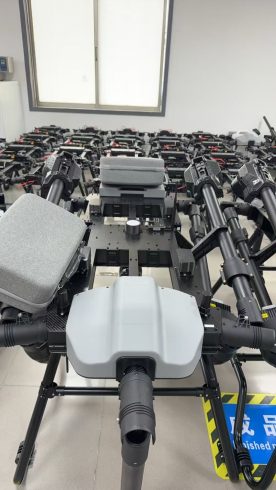
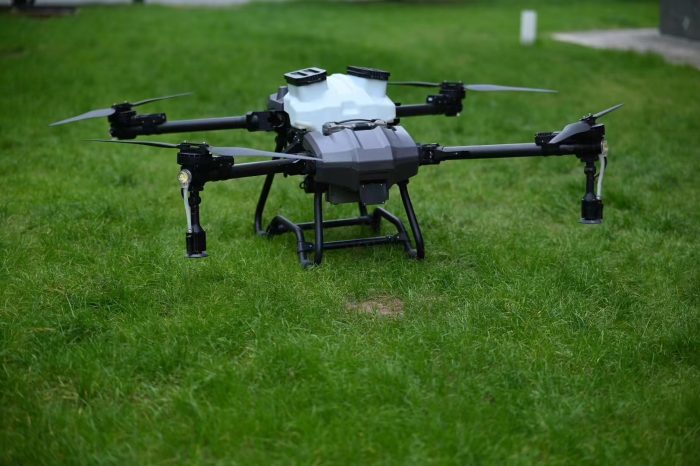
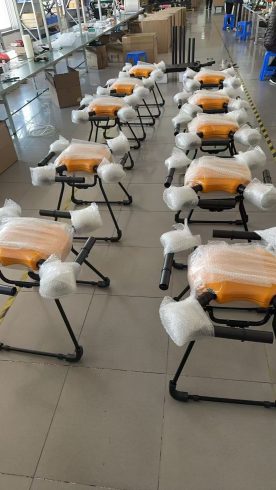
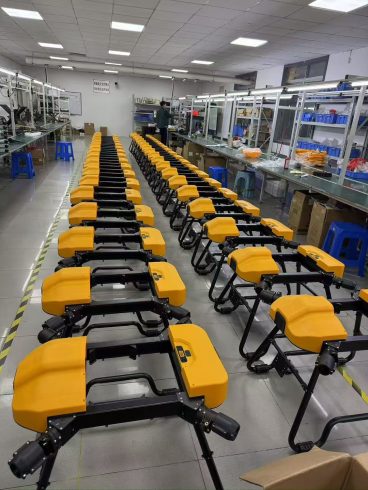
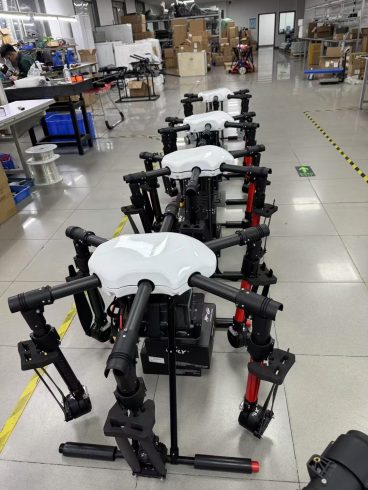

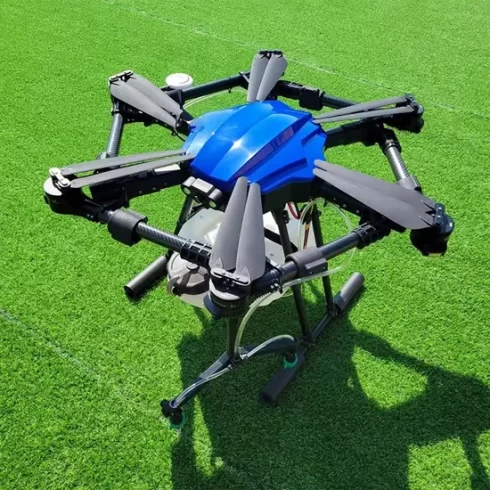

暂无评论内容